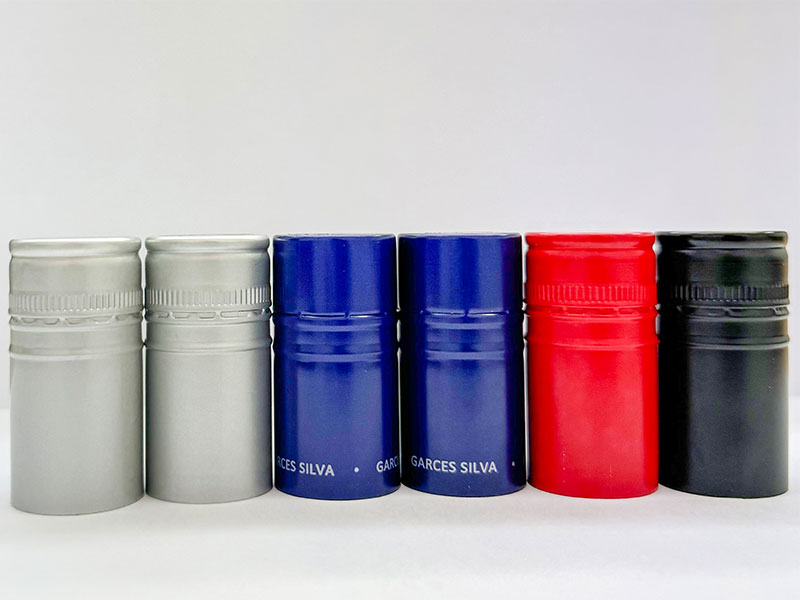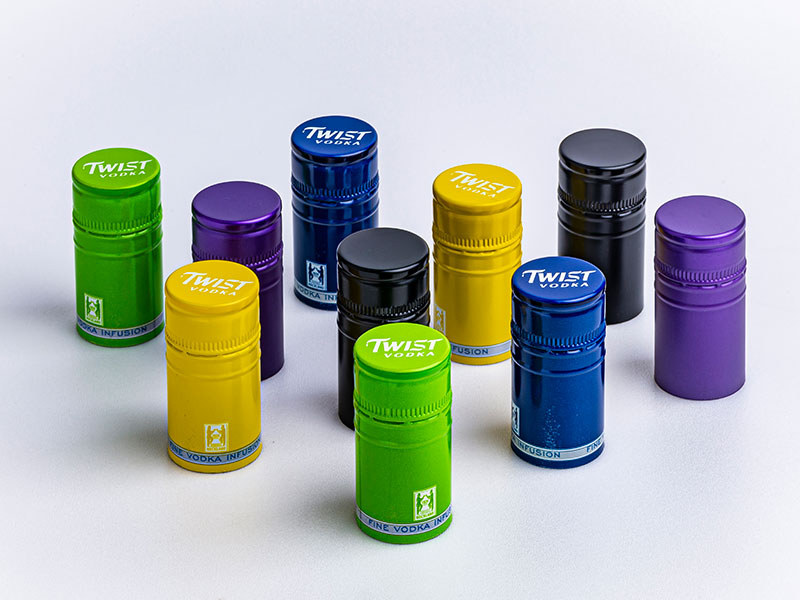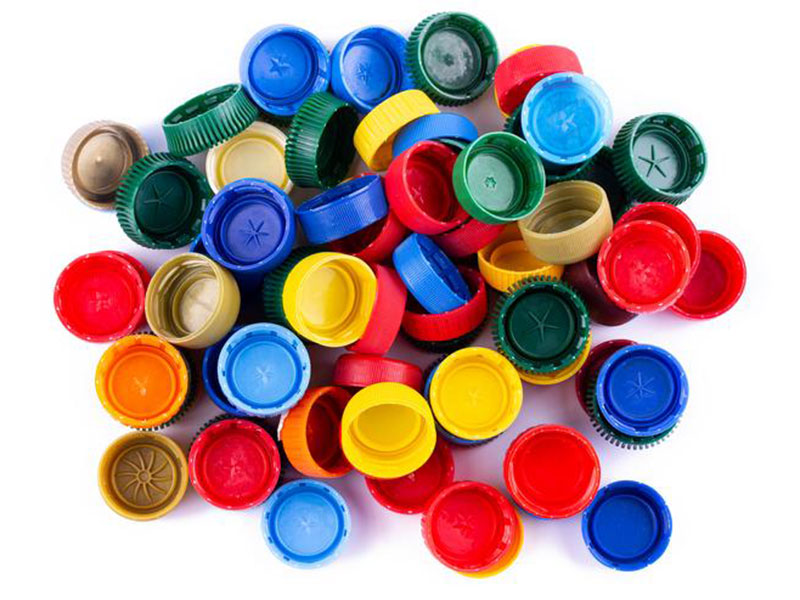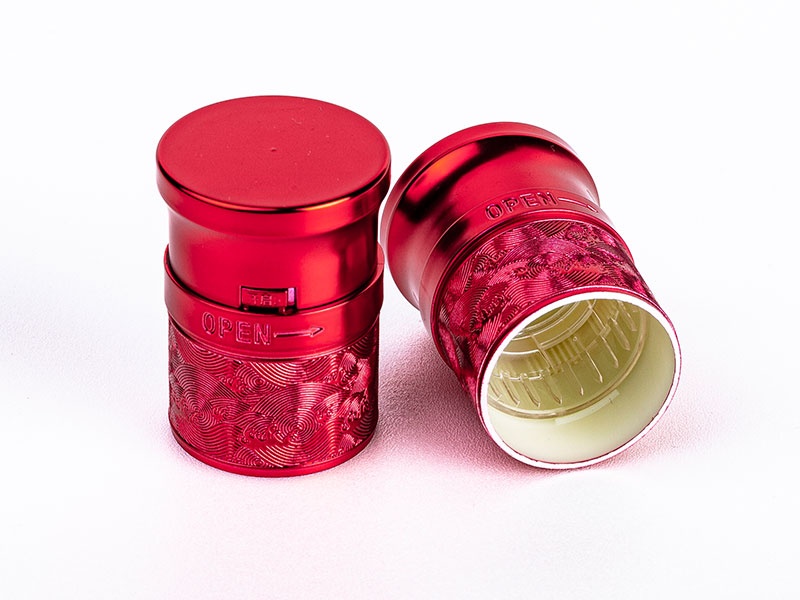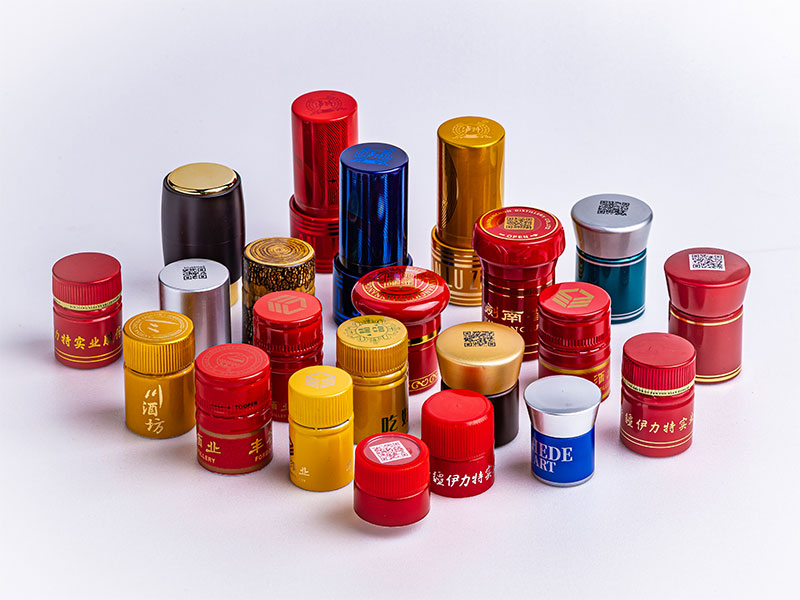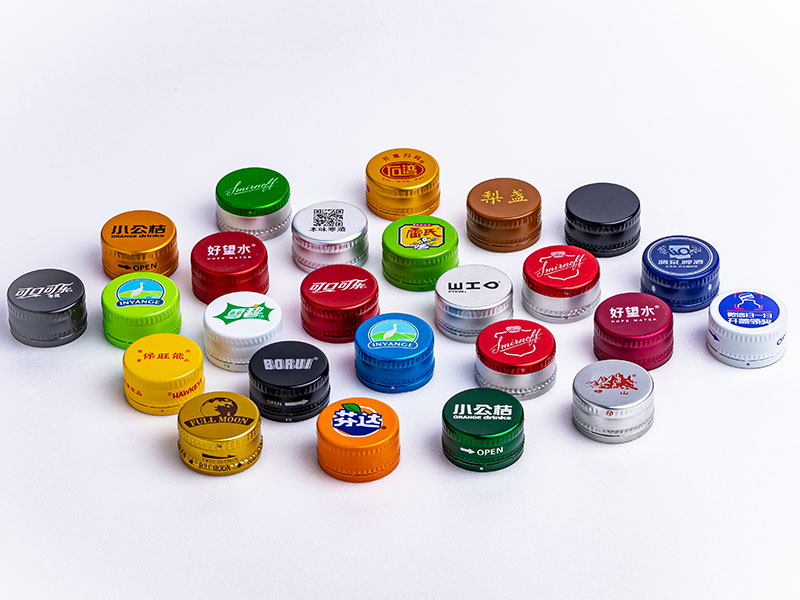Premium 30x60mm Aluminum Wine Bottle Caps for Sealed Freshness
When it comes to preserving the exquisite taste and aroma of fine wines, the choice of closure plays a crucial role. Among the myriad options available, the Premium 30x60mm Aluminum Wine Bottle Caps is know not only as a seal but as a sophisticated solution combining advanced materials science with practical sealing integrity.
the Premium 30x60mm Aluminum Wine Bottle Cap
At first glance, an aluminum wine bottle cap is a small accessory—but its design and material composition are expertly crafted to serve several essential functions: ensuring hermetic sealing, providing tamper-evidence, preserving wine freshness, and enhancing aesthetic appeal. The specification “30x60mm” refers to the dimension of the cap—30mm in diameter and a height of 60mm—allowing for a sleek fit across most standard wine bottle necks.
Unlike traditional corks or plastic screw caps, the aluminum closure blends mechanical robustness with lightweight corrosion resistance. This union ensures wines are sealed securely and protected from environmental factors that could spoil the vintage.
Material & Alloy Tempering: The Science Behind Sealing Integrity
Choosing aluminum for wine bottle caps is not arbitrary. The metal’s physical and chemical properties offer significant benefits regarding durability, corrosion resistance, and ease of recyclability.
| Parameter | Specification |
|---|---|
| Grade | Aluminum Alloy: 8011-T6 |
| Density | 2.71 g/cm³ |
| Yield Strength | 190 MPa |
| Ultimate Tensile Strength | 270 MPa |
| Temper | T6 (Solution Heat-treated + Artificially Aged) |
| Melting Point | 660.3 °C |
| Corrosion Resistance | Excellent, especially against atmospheric corrosion |
| Thickness | Typically 0.25mm – 0.35mm |
Straight from the foundry, the alloy used for these wine bottle caps—primarily categorized under the 8011 series—balances excellent formability with sturdy design standards. The T6 tempering process is critical here. It involves solution heat treatment followed by artificial aging to enhance tensile strength and durability whilst maintaining the cap’s ductile properties. This temper ensures the caps maintain their integrity when tightly crimped onto the wine bottle neck but are also resistant to cracking during handling and storage.
Technical Details & Implementation Standards
The manufacture and use of Premium 30x60mm Aluminum Wine Bottle Caps comply with stringent standards that bring out quality consistency, safety, and compatibility.
- Dimensional Accuracy: +/- 0.1mm tolerance to ensure the cap seals perfectly, aligning with bottle lip dimensions.
- Barrier Properties: The caps incorporate a food-grade sealing liner—often made from an oxygen barrier polymer—to prevent ingress of air and moisture that could oxidize the wine.
- Sealing Torque: Designed to maintain an optimal screwing torque ensuring ease of opening while preserving leak-proof functionality through the bottle's lifecycle.
- Regulatory Compliance: Standards such as FDA Title 21 CFR (food contact safety), ISO 9001 for quality management, and RoHS directives for materials safety are adhered to stringently.
- Sustainability: The aluminum is 100% recyclable and the cap's design minimizes material wastage during production.
Why Aluminum Bottle Caps Ensure “Sealed Freshness”
Freshness retention in wine demands an airtight seal capable of blocking oxygen permeation—a silent adversary of bottled beverages. Unlike traditional corks that breathe and sometimes waive off, aluminum caps paired with specialized inner liners provide:
- Oxidation Prevention: The aluminum is impervious to gaseous transfer, particularly combined with multi-layer polymer liners that block oxygen and moisture, preserving flavor bouquets intact.
- Shelf Stability: The caps help maintain consistent internal bottle pressure, important even for sparkling or carbonated still wines.
- Powerful Tamper Evidence: Aluminium caps offer reliable visual seals—once removed or twisted, reopening is readily noticeable, deterring product forgery or reuse.
- Lightweight Handling and Storage: Their reduced weight compared to heavier closures aids logistics and automated bottling processes.



